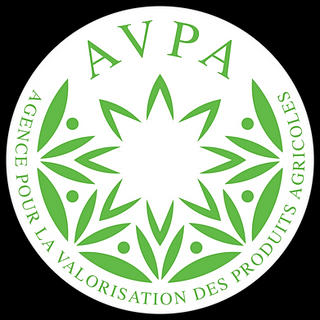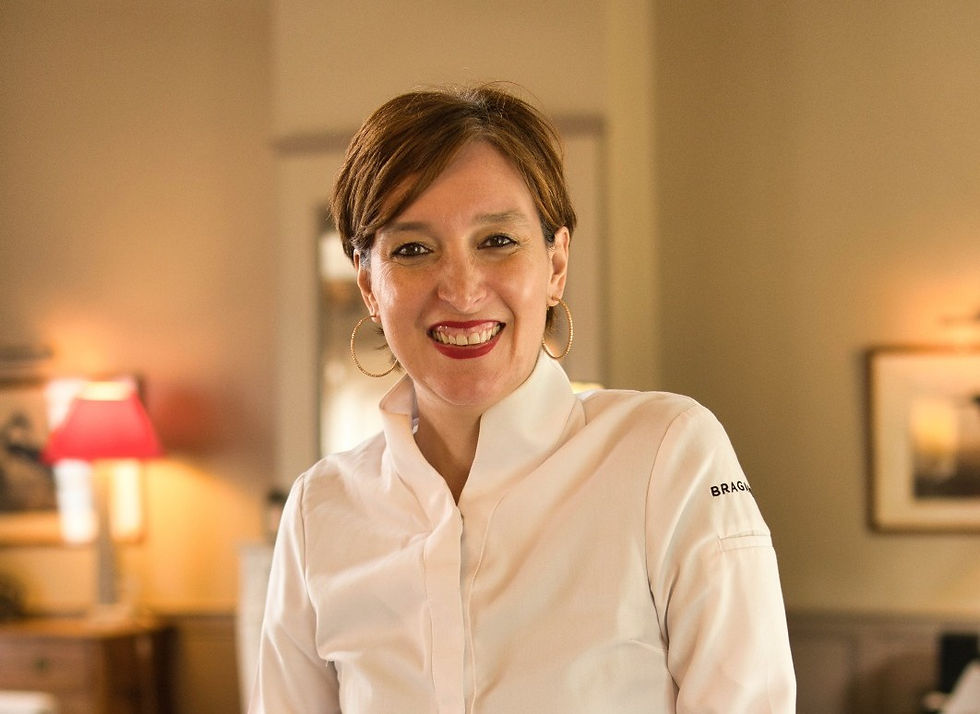Gourmet Cup interview with Philippe Juglar
- Philippe Juglar
- Jan 3, 2022
- 3 min read
GCup : You have recently announced the results of the 7th “Coffees roasted at origin” International Contest. What is new in the 2021 edition?
PhJ : The Contest organisation has not changed. Our partner CONTI espresso Machin hosted our professional jury in its Parisian showroom. The Contest results were validated by the AVPA jury.
The change came from the quality of coffees registered to the contest. The cupping panel noted an impressive increase of quality level. Almost all ill-treated coffees (ill-roasted mainly) disappeared from the Contest as compared to the first editions. Most coffees present a level of quality which gives them to enter the desired circle of gourmet coffees. There is no need to mention that only exceptional coffees are awarded gold, silver, and bronze medals.
GCup : Were there some outstanding origins or varieties?
PhJ : All producing countries were present. On the American side, we notice a strong presence, as usual, of Colombia and Peru. Brazil has finally responded to our call and got several winning coffees. Small disappointment for Mexico which is not helped by our contest date which comes very late after the harvest. For this reason, our Mexican friends will have to keep apart the coffees destined for the contest in such a way that the green coffee does not lose its freshness. On the Pacific side, there are two medals for Hawaii. In Asia, Vietnam and Indonesia confirm their leading position. Except for Kenya and Rwanda, Africa is not very present, nevertheless Côte d'Ivoire and Uganda manage to get interesting medals.
In terms of varieties, we are witnessing the arrival of many Geishas who do not, however, dethrone the important place held by the Bourbons (yellow, red or rosé). Caturras and some specific varieties such as Pacamara in Honduras or Indonesia are more and more present.
GCup: What about post-harvest treatment?
PhJ : Post-harvest treatment is the latest phenomenon in the coffee sector. It took a decisive dimension in recent years. The controlled fermentation of coffee is no longer a fashion, it is a necessity for the best fine coffee producers. They must know how to control the taste of their coffees by integrating and controlling the fermentation process. Producers have reached the point of being able to offer, for certain markets such as China, coffees that no longer look like coffee.
Two consequences:
How far can this transformation of coffee go, which in many ways can be assimilated to a real aromatization? How can our jury of experts integrate it? This year, we rewarded two coffees that did not fit into any of our categories.
The coffee industry, like our wine producers, now has control of an impressive array of instruments. As with wine, isn't the art of coffee passing into the hands of producers? won't baristas become coffee sommeliers in the face of an increasingly complex offer?
GCup : Your contest is peculiar in the sense that, it even knows how to appreciate Robusta coffees. What about these coffees this year?
PhJ : I really believe in the potential of fine Robustas. Sandra Bouckenooghe, member of our jury, discovered Robustas in Ecuador and wrote beautiful lines of her cupping impressions. This year again we had fine Robustas in the contest. I hope we will be able next year to bring together producers of fine Robustas, from Africa, Asia or Latin America, somewhere in a large producing country.
GCup : What are AVPA's plans for 2022?
PhJ : First, I hope that COVID will finally allow us to travel, welcome or bring in extraordinary products more easily.
In 2021, we started national AVPA competitions, at the level of producing countries. We would like to develop this experience which allows our French jurors to discover producing countries in depth on one hand and producing countries to benefit from AVPA's know-how in terms of cupping on the other hand.
We would also like AVPA to become a real exchange platform for your readers, for coffee, tea, and chocolate enthusiasts and for the world of producers. This can help them find at AVPA insights that allow them to set up collaborations with agricultural producers of exception. To do so, we intend to organize cross-cuppings session which bring together the producer on his farm and AVPA professionals here in France to exchange our impressions, understand their constraints, share our expectations. This can help them acquire the international place the French excellence deserves. This has been the case when it comes to tea or chocolate, why can't it become so when it comes to coffee?












Comments